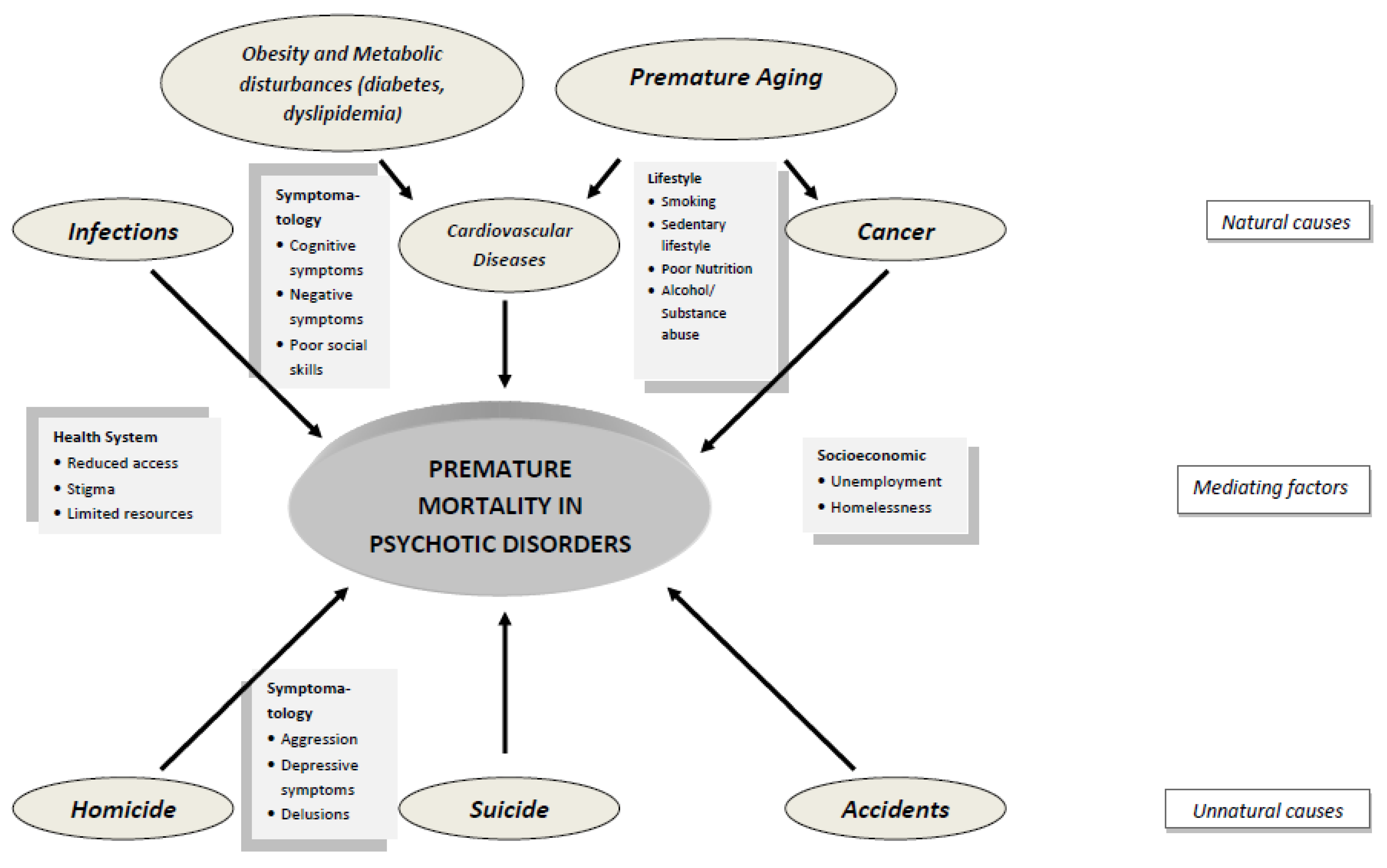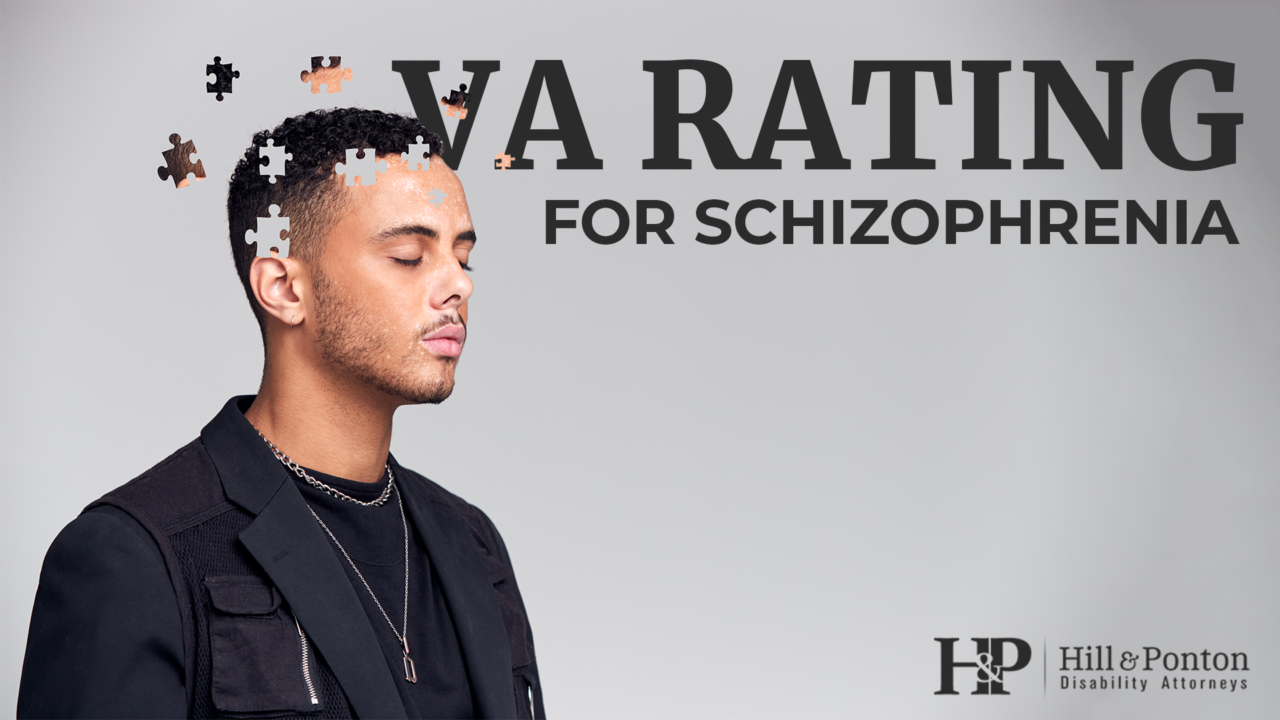Schizophrenia Military Discharge - Corporal Javier A. Perez, store clerk, Recruit Clothing, Service Company, marks the size and height of a recruit during reception at Marine Corps Recruit Depot San Diego, this spring. The new report requires intensive screening for schizophrenia before enlisting new service members. (Photo by Lance Cpl. Jose Gonzalez)
SALEM, VA - The most common age for schizophrenia to be diagnosed is in the late teens to early 30s. Research suggests that symptoms tend to appear earlier in men, usually in their early 20s but later in women, in their late 20s or early 30s.
Schizophrenia Military Discharge

A new study has revealed that at least for men, the age corresponds to the majority of military recruits. The result, according to a report published online by the journal Neuropsychiatry, is that many new service members "experience their first symptoms of schizophrenia before enlisting or after joining the United States military. Schizophrenia is often not clinically apparent until during or after basic training. "
Pdf) Use Of Va Aftercare Following Military Discharge Among Patients With Serious Mental Disorders
What happens next is rarely good for anyone, emphasizes a study conducted by the Salem, VA, VAMC. "A diagnosis of schizophrenia spectrum and other mental disorders often ends military career prematurely," the study authors wrote. "The result is a greater financial burden on the United States military and on the individual."
The answer, according to lead author Mark B. Detweiler, MD, a staff psychiatrist at the Salem VAMC and his colleagues, should be improved pre-screening for schizophrenia before bringing recruits into the military system.
"This study suggests that schizophrenia is not diagnosed before enlistment, during active duty, especially in theaters," the study notes. "A more effective screening process for schizophrenia could reduce the number of military recruits with emerging schizophrenia who reach active duty when a diagnosis of schizophrenia reduces the ability of the United States Armed Forces to meet their expectations and goals."
As for the cost of a more comprehensive screening protocol for schizophrenia, the authors note that "the potential cost savings of a more comprehensive schizophrenia screening protocol for the United States Armed Forces and the United States government may exceed the cost of losing soldiers from service. Their job is to pay them schizophrenia-related disability payments for the rest of their lives every month until they die.
Treatment Of Military Populations
The researchers suggested that this issue is specific to them, explaining, "As nurses who have worked with active duty soldiers, soldiers and veterans diagnosed with schizophrenia, in this paper we propose to use an improved schizophrenia screening protocol for preoperative monitoring. And post- Enlistment, including the diagnosis of schizophrenia among veterans screened for PTSD on the battlefield or after returning to camp in addition to veterans entering the VA medical program."
This article describes the process by which the intensity of registration can accelerate the appearance of schizophrenic symptoms in those who develop this condition. "Military personnel with genetic and epigenetic enhancers of schizophrenia such as childhood abuse, neglect and the use of street drugs before or during their military service, are at risk of developing schizophrenia at an early stage when combined with the stress of military training and active duty ", the researchers noted. "To complicate the situation, in order to avoid detection and removal from active duty and possible dismissal from the military, once you have entered the war and are on duty, it is not unusual for soldiers to voluntarily admit symptoms of depression, strange or strange thoughts, paranoia, or hallucinations to the point of incapacitation. In addition, given the challenge of meeting recruitment requirements and readiness for active duty, the needs of military mission objectives are sometimes considered by managers to exceed the personal needs of soldiers. Reported that American soldiers With serious psychological problems were deployed to Iraq or kept in combat, even though the senior managers and medical personnel knew symptoms of mental illness, such problems make it difficult to diagnose schizophrenia in the military field."
As a first step, the authors of the study emphasized that, "If a person who wants to enlist in the military has presented at the recruiting station, they should be asked to have a screen from their primary care physician: drug use (through a urine drug screen) within one to two months of presentation; their mental health history; and their family history of mental illness. Perhaps the most important aspects of this history may include a history of schizophrenia, schizoaffective disorder, bipolar disorder, depression, mania or schizophreniform disorder. For the primary care provider, such evaluations are made progressively easier thanks to advanced technologies including electronic medical records that allow rapid review of an individual's medical history.

If a review of the past medical record allows the process to proceed, the potential recruit will be administered the Prodromal Questionnaire (PQ-B), a self-report measure of psychosis risk syndromes. The researchers explained that the tool can distinguish between patients with prodromal schizophrenia and more advanced forms characterized by psychotic features.
Man Living With Mental Illness Overcomes Odds To Become Home Owner
If the PQ-B—directed by a military recruiter or testing center—the next step would be to test the biological marker for a single nucleotide polymorphism (SNP) in the SLC1A1 gene on chromosome 9p24, which encodes the neuronal glutamate transporter EAAC1, the Article suggests. A special test can disqualify a person from military service and will be part of the military's electronic records for potential recruits.
In case the mental disorder goes undiagnosed, or the symptoms appear later, the authors of the study called for a "maximum effort" to ensure that the recruit does not complete basic training or military special training with primary schizophrenia. "Therefore, it is proposed that during basic training and before graduation from MOS school, all soldiers receive a 20-minute version of the Raven Progressive Matrices test as a rapid initial screen for schizophrenia. This test is useful because some intelligent people Those who fear they have a mental illness will probably not understand that this is a non-specific screen for schizophrenia and other mental disorders. This will be followed by the PQ-B and the Brief Psychometric Assessment Tool for Schizophrenia. If positive, a genetic marker Screen for single nucleotide polymorphism (SNP) in the SLC1A1 gene on chromosome 9p24, encoding the neuronal glutamate transporter EAAC1b will follow.
Once service members are transferred to their duty stations, further screening for schizophrenia should be initiated only for symptoms of altered mental status, particularly paranoia and delusional disorder, according to the report. "PQ-B should be used aggressively during work at the lowest point of schizophrenia symptoms in the cell. This is especially important when an active duty soldier is diagnosed with PTSD in theater," explained the study authors.
Another screening for schizophrenia should occur after military service ends and the veteran is admitted to the VAMC. The article suggested that all veterans be screened for schizophrenia using the PQ-B by medical professionals, nurses, or social workers.
Untreated Mental Illness Among Veterans In The United States
A positive result can lead to a consultation with psychiatrists where a diagnosis of schizophrenia will be made using the diagnostic criteria of DSM 5. After other biological and mental illnesses are ruled out, the assessment and treatment tool for improving psychiatry in schizophrenia (Matrix) Used so that the treatment team can better meet the needs of veterans in intermediate and future care.
Currently, the US uses Soldiers have mental illness (eg, depression, attention deficit disorder, ADHD, obsessive-compulsive disorder, substance use disorder) before enlisting in the military.
"These data support the argument that the recent expertise of the United States military services and active soldiers in mental illnesses including schizophrenia is less than adequate," they added, even if other military services use more tests.

Further complicating the diagnosis is the large number of soldiers with PTSD. "In recent theaters, the prevalence of PTSD has been similar: 11-20 percent in a given year for Operations Iraqi Freedom (OIF) and Enduring Freedom (OEF); 12 percent in a given year of the Persian Gulf intervention (Desert Storm) ; and 15 percent in a given year for the Vietnamese military. It is estimated that about 30 percent of Vietnam veterans will have PTSD in their lifetime. It is now understood that PTSD can mask the early stages of comorbid schizophrenia.
Violence And Mental Disorders: A Structured Review Of Associations By Individual Diagnoses, Risk Factors, And Risk Assessment
Researchers have discussed how during the conflicts in Iraq and Afghanistan, it is difficult to diagnose schizophrenia among active duty and active duty soldiers due to the overlap with PTSD symptoms. "In part, this is because the main goal of the United States medical services has been to detect PTSD in its early stages to reduce morbidity. Therefore, it would be useful to have an aggressive and consistent screening protocol for schizophrenia to accompany every PTSD screen In active duty soldiers."-Comorbid schizophrenia is missed or the diagnosis is delayed, latent schizophrenia often progresses and worsens the disease," they wrote.
"Based on the ongoing medical and psychological problems in the US military, new diagnostic procedures
Schiffer military, military history degrees, military history masters, military history degree, military history masters degree, schiffer military history books, military history, military history graduate programs, masters in military history, schiffer military books, online military history degree, military history major
0 Comments